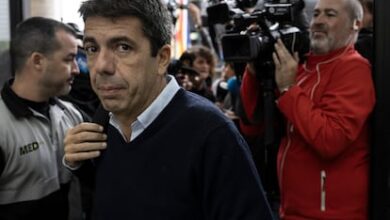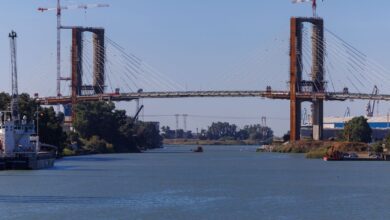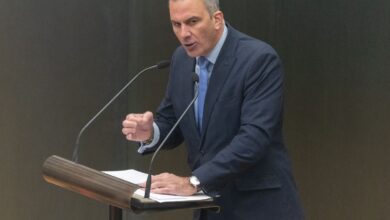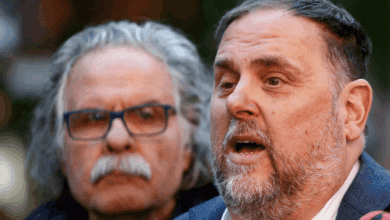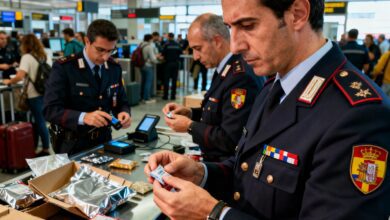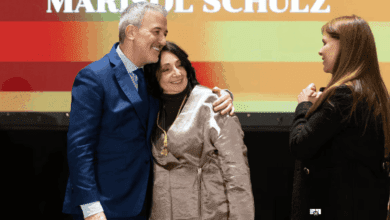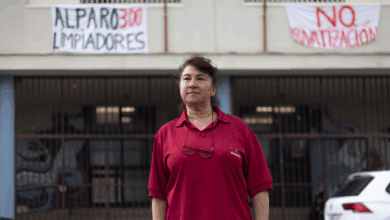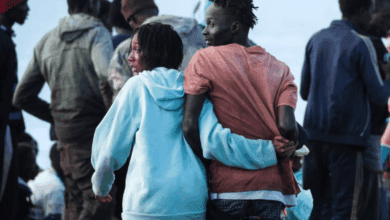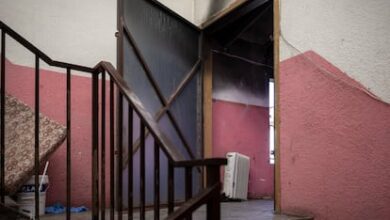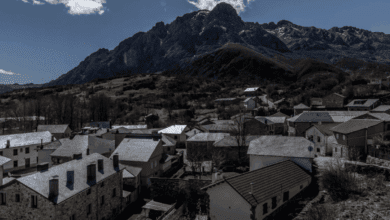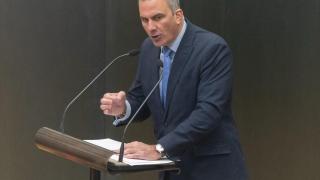
In the autumn of 2020, as Spain was just beginning to recover from a strict lockdown, internal debates were heating up in the Canary Islands (Islas Canarias) over COVID-19 control measures. The then regional leader, Ángel Víctor Torres (now a minister), found himself in a tough spot: eager to accelerate the return of tourists—crucial for the archipelago’s economy—he instead ran into bureaucratic obstacles and pushback from central authorities.
During this time, Torres actively sought solutions through informal channels. His correspondence with Koldo García, an advisor to the Minister of Transport, reveals how closely they worked together. With his government connections, García became not just an intermediary for Torres, but something of a crisis manager on issues related to procuring tests and masks.
Behind-the-scenes talks and pressure on officials
When the process of approving the airport testing system dragged on, Torres did not hide his frustration and even considered appealing directly to the country’s top leadership. However, García advised him to work through the Minister of Transport instead of going straight to the Prime Minister. Ultimately, after a series of emotional messages, the first contract for the supply of tests was signed, awarded to a company linked to businessman Víctor de Aldama, now at the center of a corruption investigation.
The correspondence between Torres and Garcia was not limited to testing issues. Throughout the summer of 2020, they also discussed delays in payments for a large batch of masks for the regional healthcare system. Despite doubts and scrutiny from technical experts, Torres personally oversaw the situation, pushing for faster payments. Garcia, in turn, urged him to take decisive action, citing pressure from business entities.
Influence and personal motives
The messages make it clear that Garcia not only kept Torres informed about the details of the deals but also exerted influence on him, using personal connections and promises of support. In some instances, he was even willing to go to great lengths to achieve his goals. In response, Torres showed a willingness to cooperate, despite internal disagreements in the administration and resistance from certain officials.
As a result, thanks to the persistence of both parties, the disputed payments were made, and the necessary supplies were delivered to the regional authorities. However, these actions attracted close attention from law enforcement, who suspected collusion and possible abuse of power.
Consequences and new questions
The revelations about the communication between Torres and García shed light on how decisions were made in an emergency situation—decisions that affected the safety and health of thousands of people. At the same time, they raise questions about the transparency and legality of such agreements, as well as the role of personal connections in the awarding of government contracts.
The procurement scandal in the Canary Islands has become one of the most talked-about episodes in the series of investigations related to the pandemic. It vividly illustrates how informal relationships and pressure from interested parties can influence government processes, even at the most critical moments.
